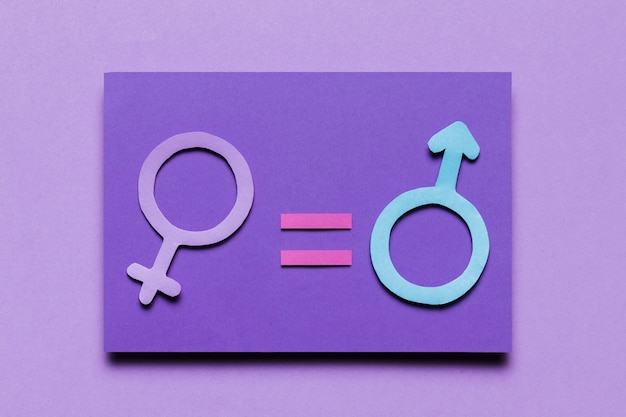
Perimenopause can start as early as 15 years before menopause, and many women begin to notice changes in their early 40s or even mid-30s. This phase, leading up to menopause, involves hormonal fluctuations, primarily in estrogen, which can cause a variety of symptoms.
Imagine going about your life as usual, then noticing your period is late. You might think, “Am I pregnant?” Despite using effective contraception and receiving a negative pregnancy test, your period eventually arrives. This could be a sign of perimenopause—a natural transition towards menopause and eventual infertility.
In the UK, the average age for menopause is around 52, but perimenopause can start earlier. While it generally shouldn’t be alarming, lifestyle changes can greatly help manage symptoms. Regular exercise and a diet rich in phytoestrogens—found in foods like soybeans, leafy greens, and broccoli—can be beneficial. If perimenopause affects your quality of life, consult your doctor. They may suggest further tests and treatments like hormone replacement therapy or non-hormonal options.
During perimenopause, fluctuating hormones affect ovulation, potentially causing irregular or absent periods. A gap of three months without a period, or very heavy bleeding, especially if you’re under 40 and accompanied by fatigue or breathlessness, should be discussed with a doctor.
Hot flashes, causing sweating and possibly insomnia, are common. These vary in intensity and duration but can be managed by wearing breathable clothing and staying hydrated. Limiting alcohol, caffeine, spicy foods, and MSG can help reduce these symptoms.
Mood swings are also common, with feelings of irritability or anxiety due to hormonal shifts and poor sleep. Regular exercise and stable blood sugar levels through a healthy diet can help manage mood changes.
Vaginal changes, like decreased lubrication and elasticity, may cause discomfort, particularly during sex. Vaginal lubricants can alleviate this. Additionally, urinary tract infections might occur more frequently. Doing pelvic floor exercises and using additional lubrication can help. If you experience frequent urination or pain, consult a healthcare professional.
As ovulation decreases, so does fertility. Difficulty conceiving in your late 30s or early 40s should prompt a visit to a doctor. It’s advisable to continue contraception until 12 months after your last period if you don’t wish to become pregnant.
As estrogen drops, bone health can be affected, leading to conditions like osteoporosis. Regular intake of calcium and vitamin D, along with exercise, can help maintain bone strength. Managing stress, which can lead to weight gain due to elevated cortisol levels, is also important. Adopting a healthy diet and exercise routine focusing on nutrient-to-calorie ratio can help prevent weight gain.
As estrogen decreases, cholesterol and blood sugar levels might rise, increasing the risk of heart disease. Experiencing chest discomfort, especially during physical activity, should prompt immediate medical attention.
